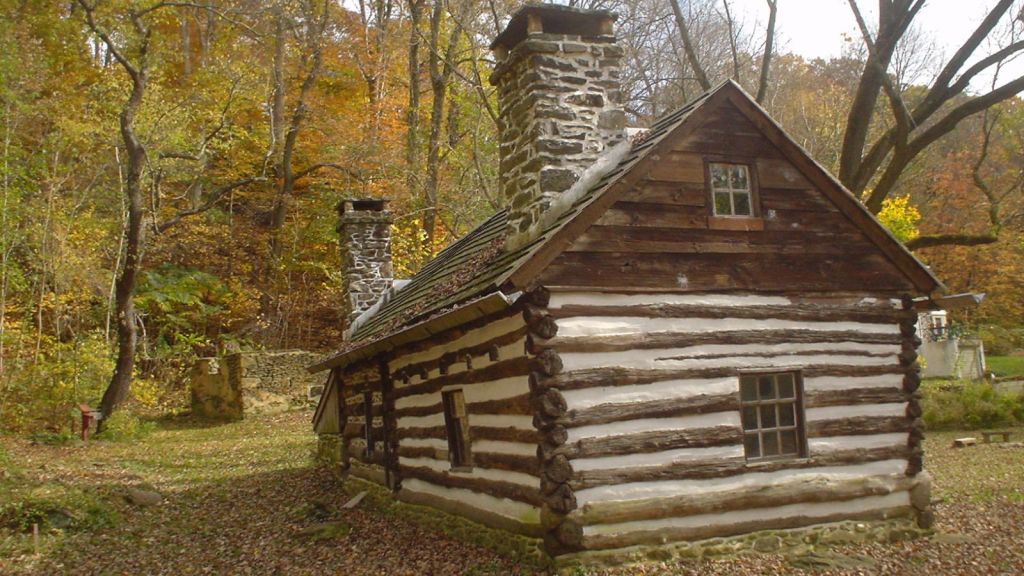“Unveiling the Secrets: 14 Astonishing Facts About the Daring Lives of America’s First Settlers”
9. Education Was Bare-Bones but Essential


Formal schooling was limited, but kids were taught the basics of reading, writing, and arithmetic, often using the Bible as their only textbook.
While practical skills took priority, many settlers valued literacy and did what they could to teach their children, making education a shared community effort.
10. Trading Replaced Cash


Money was scarce, so trade was the currency of the day. Have extra vegetables? Trade them for tools. Need cloth? Maybe someone will swap for a service you can provide.
This barter system created strong bonds, with each person’s unique skills and goods becoming valuable within the community.
11. Hunting Was a Lifeline


Settlers supplemented their diet with hunted game, adding crucial protein to their otherwise sparse meals. Deer, turkey, and fish became staples for those able to hunt.
Hunting skills were essential, and young men often spent hours in the woods, learning to track animals and fend for their families.
12. Community Was the Backbone of Survival


Settlers leaned on each other for help, sharing resources and labor. Close-knit communities meant that everyone had a role to play.
Whether helping with a harvest or rebuilding a roof, settlers knew that survival was a team effort, creating bonds that were more like family than mere neighbors.












